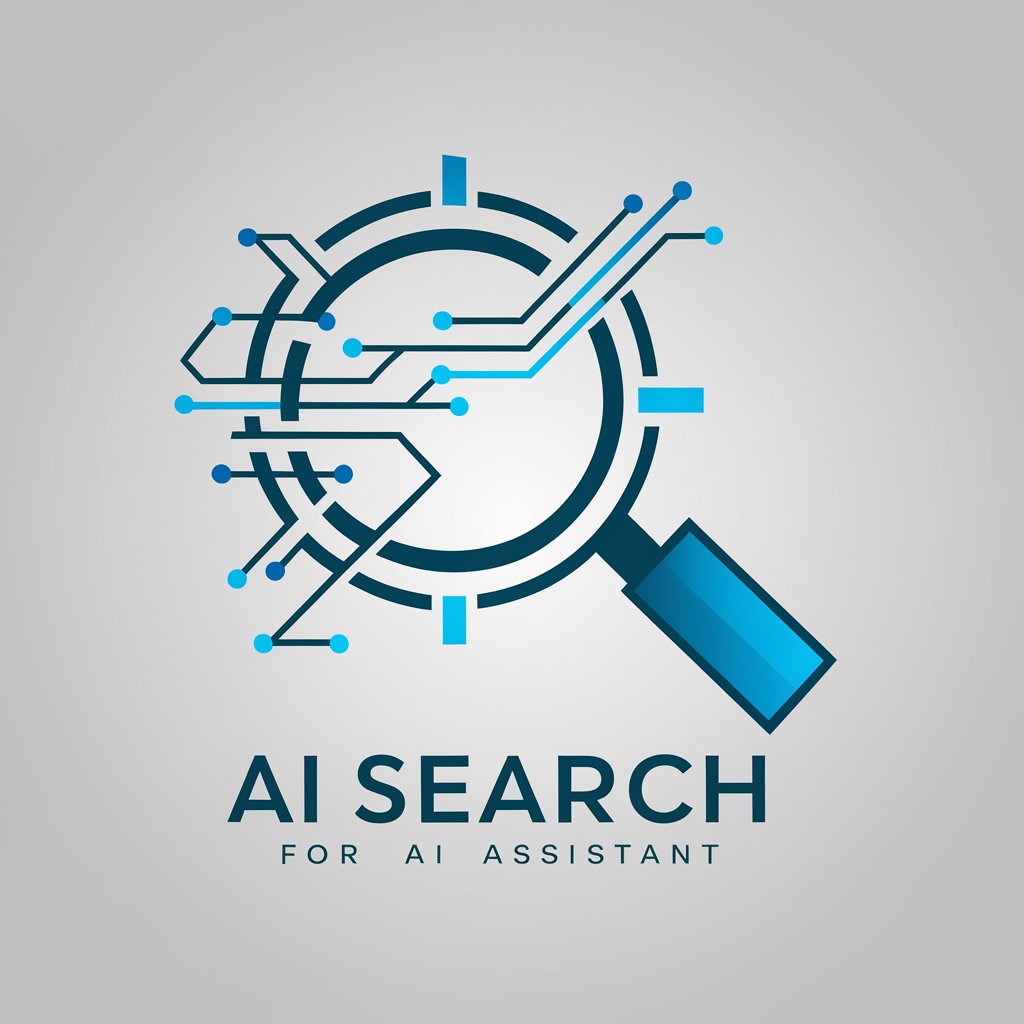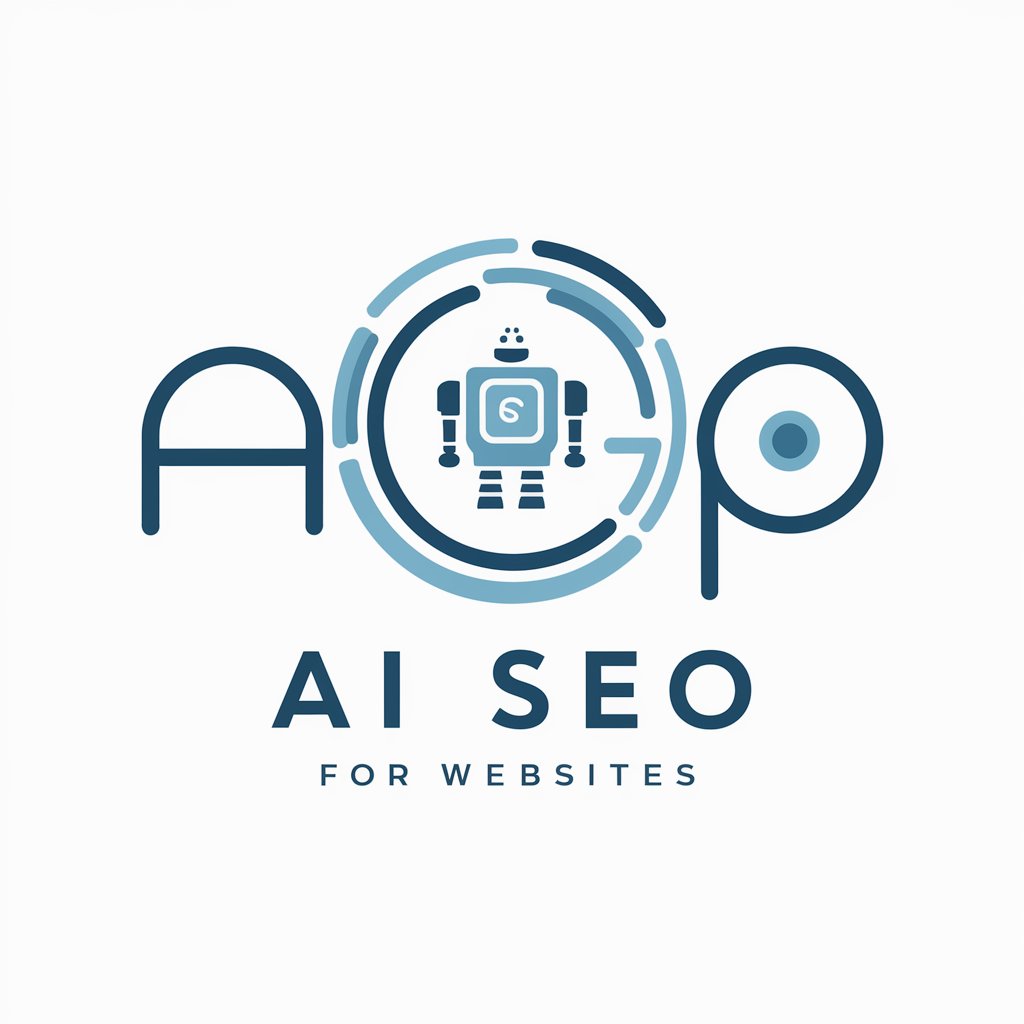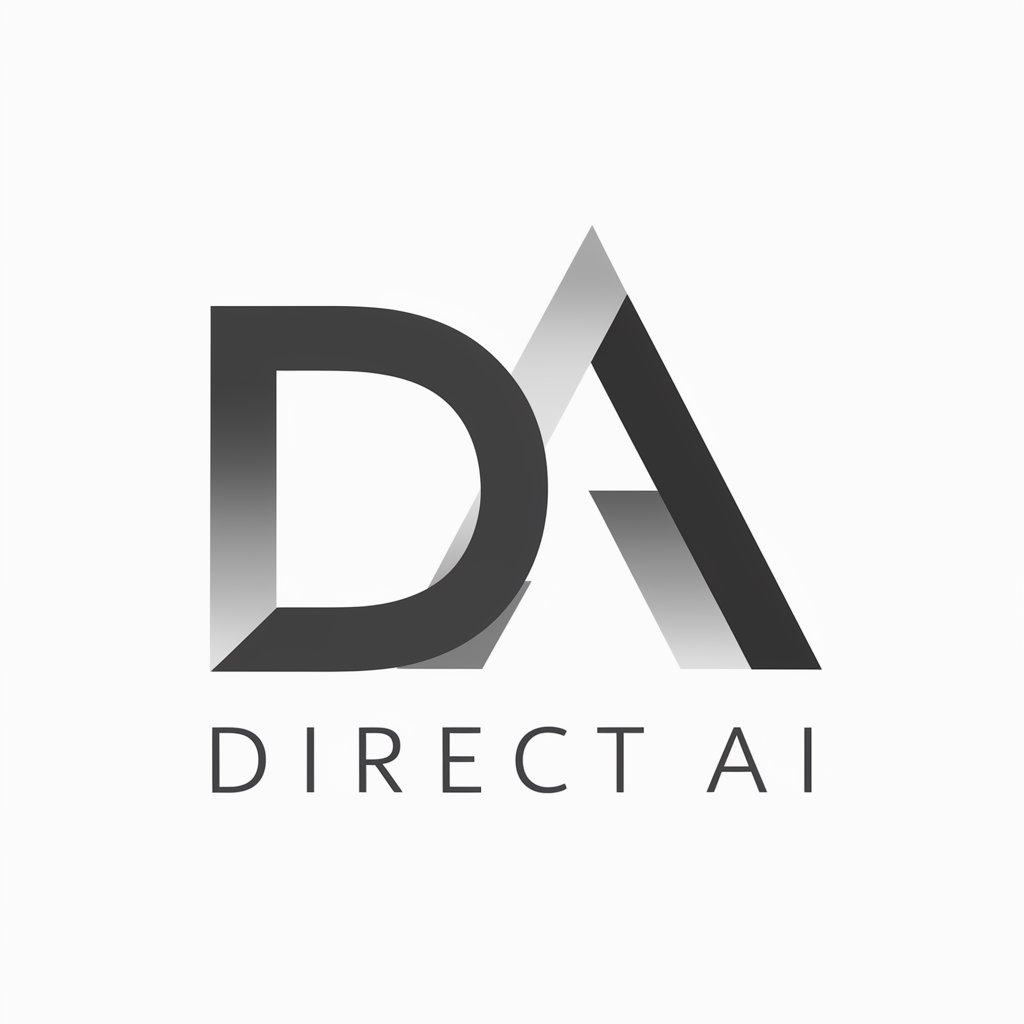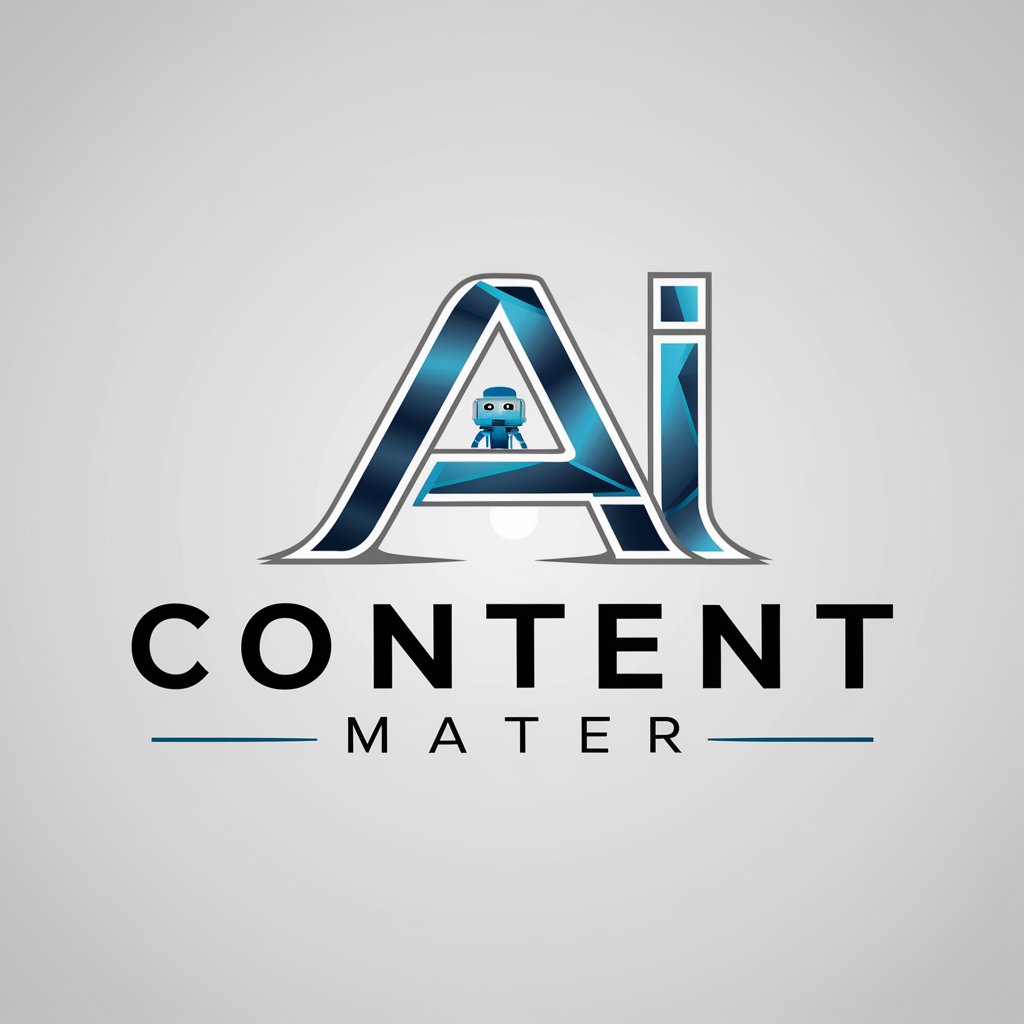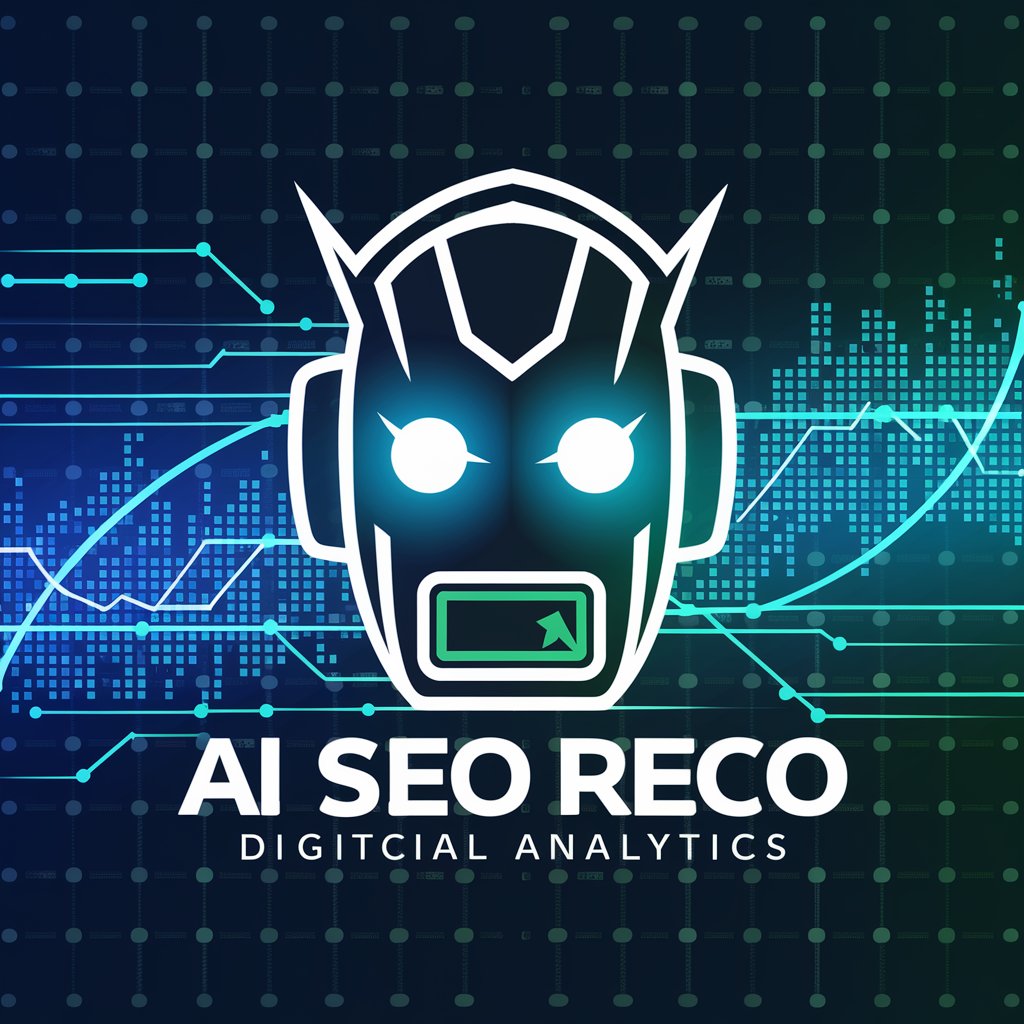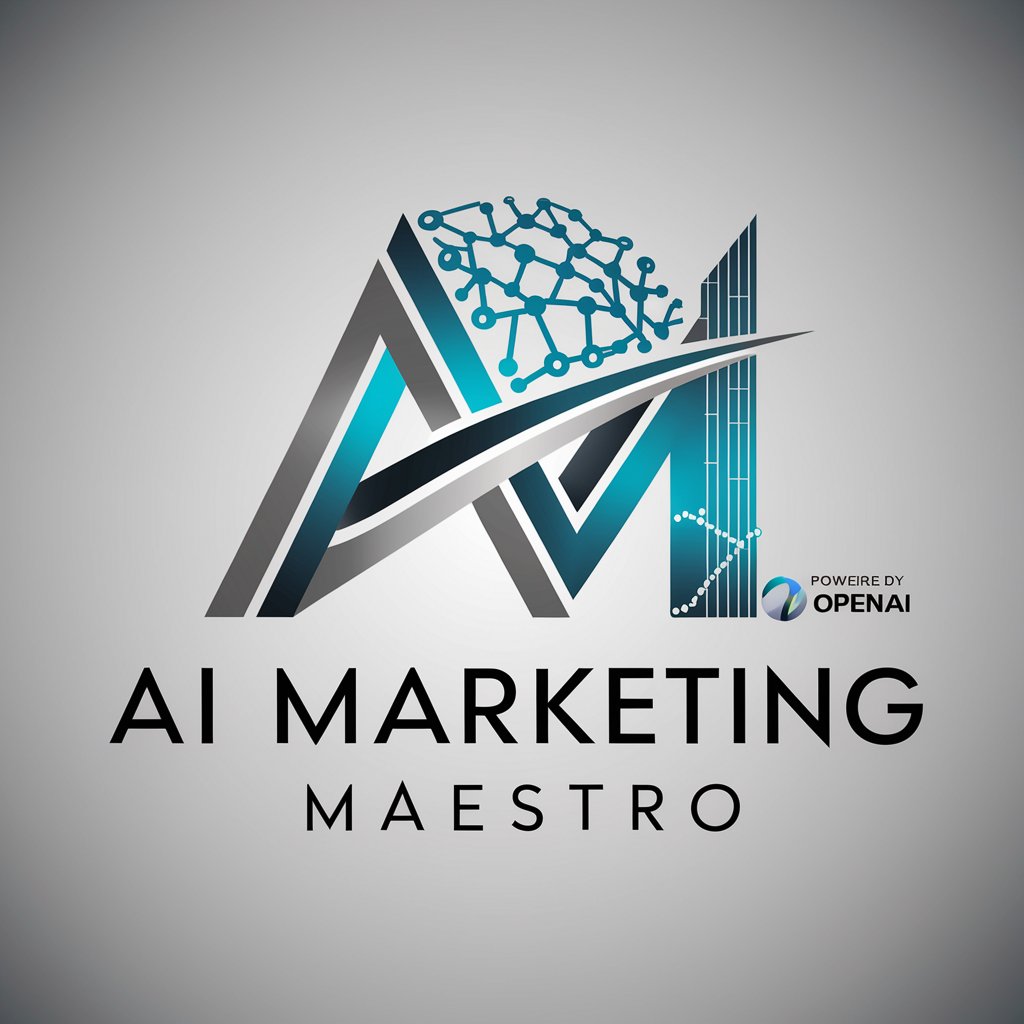
AI SEO - Comprehensive SEO Insights
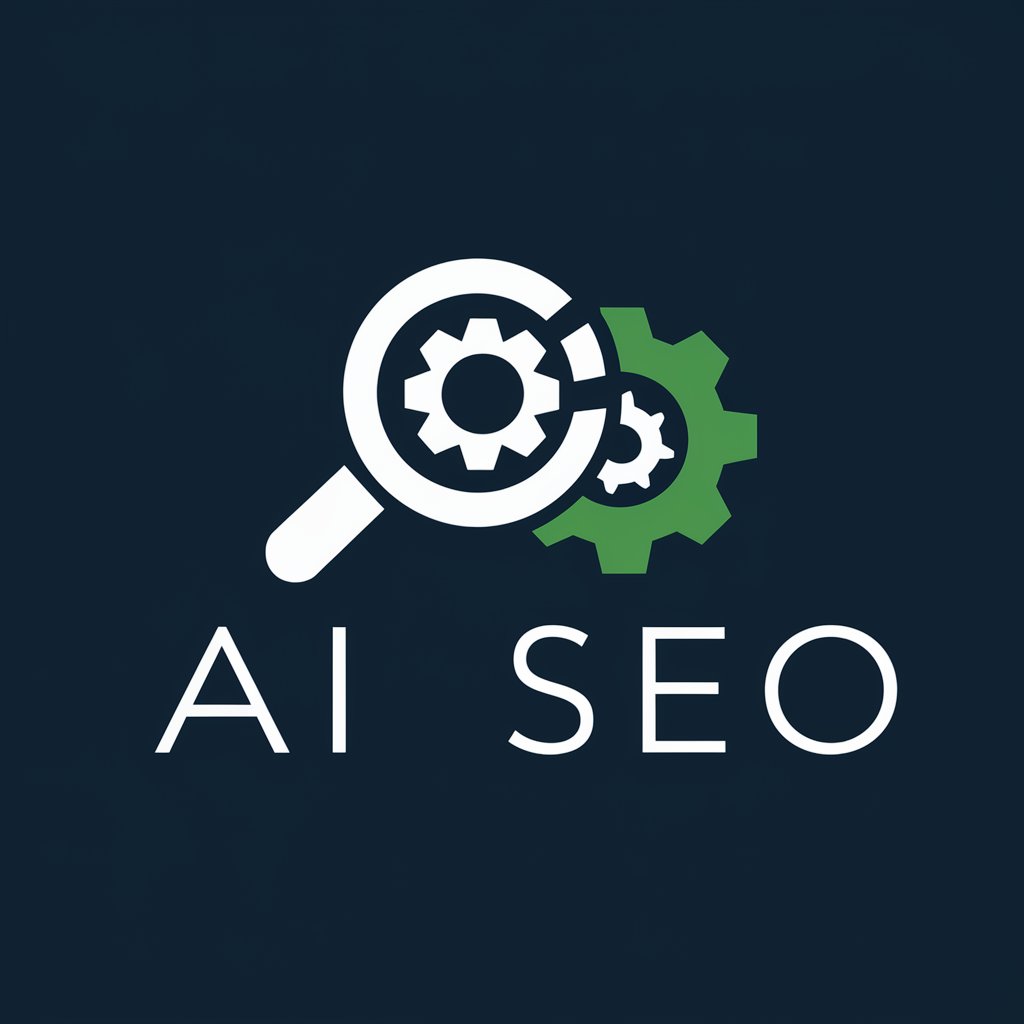
Welcome to AI SEO, your digital optimization assistant.
Elevate Your SEO Game with AI Power
How Does This Work?
Can A Human Do The SEO Work For Me?
What Prompts Can I Ask AI SEO?
Continue Where We Stopped
Get Embed Code
Introduction to AI SEO
AI SEO represents the integration of artificial intelligence technologies into the domain of search engine optimization. It is designed to enhance the efficiency, accuracy, and effectiveness of SEO strategies. By leveraging AI, this approach can analyze vast amounts of data at scale, predict trends, and offer personalized SEO recommendations. For example, AI SEO tools can crawl a website, identify SEO weaknesses such as poor keyword optimization or slow page load times, and suggest actionable improvements. These capabilities are aimed at improving a website's visibility in search engine results pages (SERPs), driving organic traffic, and optimizing user engagement. Powered by ChatGPT-4o。

Main Functions of AI SEO
Keyword Research and Analysis
Example
Automatically generating a list of high-traffic, relevant keywords for a niche blog on sustainable living.
Scenario
By analyzing current trends and search queries, AI SEO tools can identify keywords that are not only popular but also have a lower competition, enabling the blog to rank higher in search results.
Content Optimization
Example
Suggesting content enhancements for an e-commerce product page to increase its SERP ranking.
Scenario
This includes recommending changes to the product description, adding keyword-rich headers, and optimizing image alt tags to make the page more relevant to targeted search queries.
Technical SEO Audit
Example
Identifying and fixing technical issues on a website that hosts an online course platform.
Scenario
AI SEO can crawl the site to detect problems like broken links, improper use of header tags, or slow loading times, providing a detailed report and solutions to improve site health and user experience.
Backlink Analysis
Example
Evaluating the quality and relevance of backlinks for a small business website.
Scenario
AI tools can assess the authority and trustworthiness of linking domains, suggest high-quality sites for backlinks, and identify potentially harmful links to disavow.
User Experience Optimization
Example
Improving the mobile user experience for an online fashion retailer.
Scenario
Analyzing user interaction data, AI SEO can suggest layout changes, speed optimizations, and content adjustments to enhance mobile usability, thereby positively affecting search rankings and customer satisfaction.
Ideal Users of AI SEO Services
Small to Medium-Sized Business Owners
These users often lack the extensive resources of larger companies to invest in comprehensive SEO strategies. AI SEO can provide them with cost-effective, actionable insights to compete in their market niche.
SEO Professionals and Agencies
These users can leverage AI SEO to streamline their workflows, automate mundane tasks, and focus on creative and strategic aspects of SEO, thus enhancing their service offerings.
Content Creators and Bloggers
Individuals looking to increase their visibility online can use AI SEO to optimize their content for search engines, ensuring their articles and videos reach a wider audience.
E-commerce Platforms
With the competitive nature of online retail, e-commerce sites can benefit from AI SEO by optimizing product pages, improving site structure, and enhancing user experience to boost sales.

How to Use AI SEO: A Step-by-Step Guide
1
Start by visiting yeschat.ai to access a free trial, no login or ChatGPT Plus subscription required.
2
Enter the URL of the webpage you wish to optimize. AI SEO will analyze the content and provide initial SEO insights.
3
Decide whether you'll use your own keywords or need AI SEO to conduct keyword research for you, optimizing your content's visibility.
4
Review the AI-generated content suggestions and SEO optimizations, applying them to your webpage to enhance search engine rankings.
5
Regularly monitor your website's performance through the AI SEO dashboard, adjusting strategies based on analytics and feedback.
Try other advanced and practical GPTs
Public Relations Expert
Elevate Your Public Relations with AI
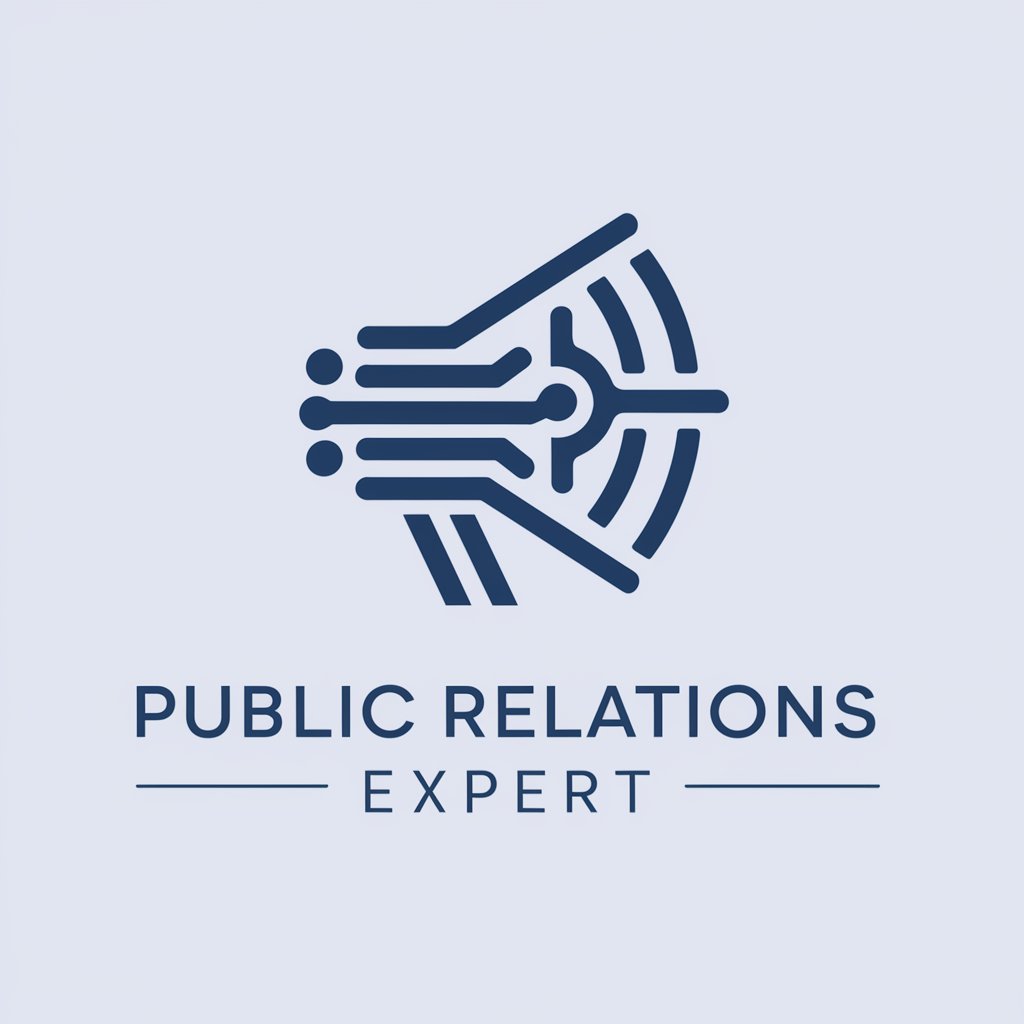
E-9 CSM Direction
Elevating Leadership with AI

Press Master
Craft Compelling Press Releases with AI

News-Channel GPT
Tailored News at Your Command

CultCulture Commentator
Deciphering Cults with AI

Prompt Persona Crafter
Craft Unique Personas with AI
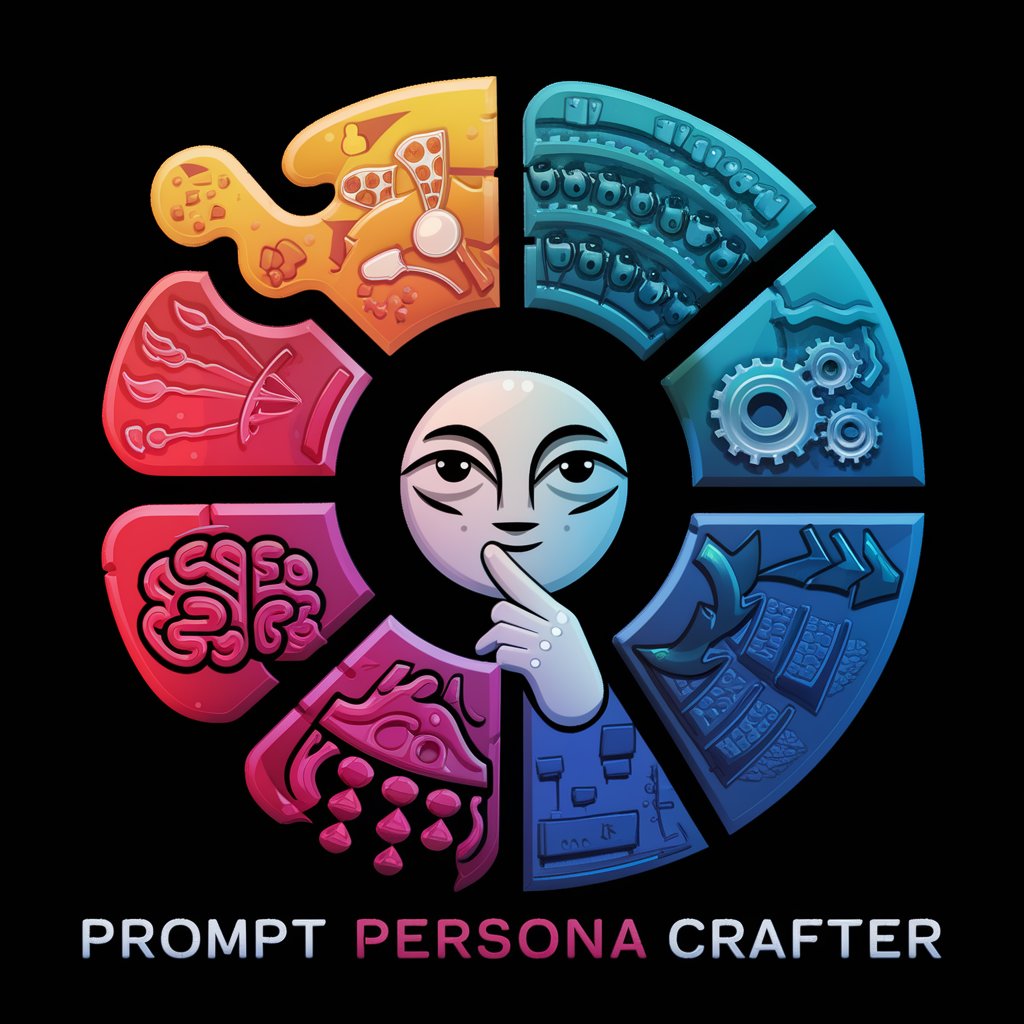
ATS Job Application Expert
Empower Your Job Search with AI
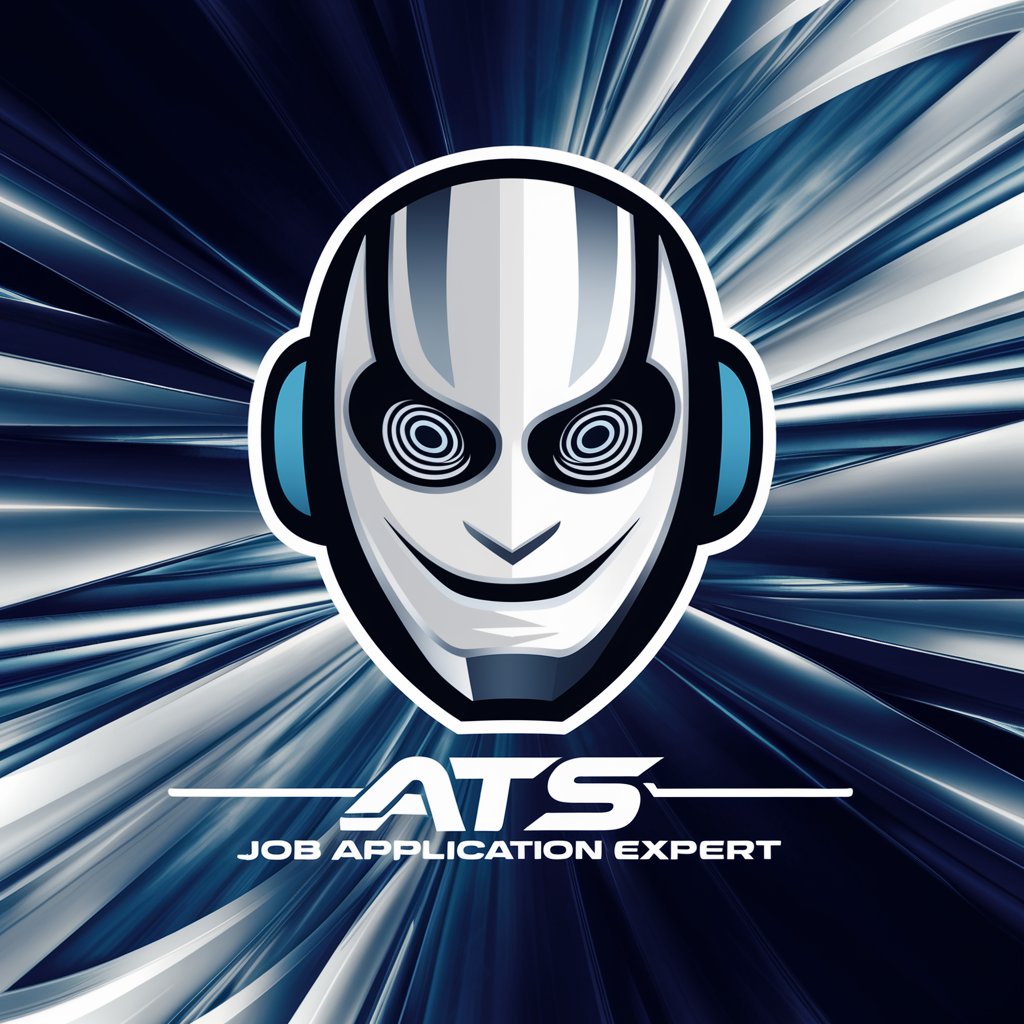
Use of VR and AR in Education
Transforming education with AI-driven VR and AR.

The Daily Educator Assistant
AI-powered Support for Educators

Transform Transcripts™
Elevate Your Transcripts with AI-Powered Insights

Put It On The Line meaning?
Empower Your Words with AI
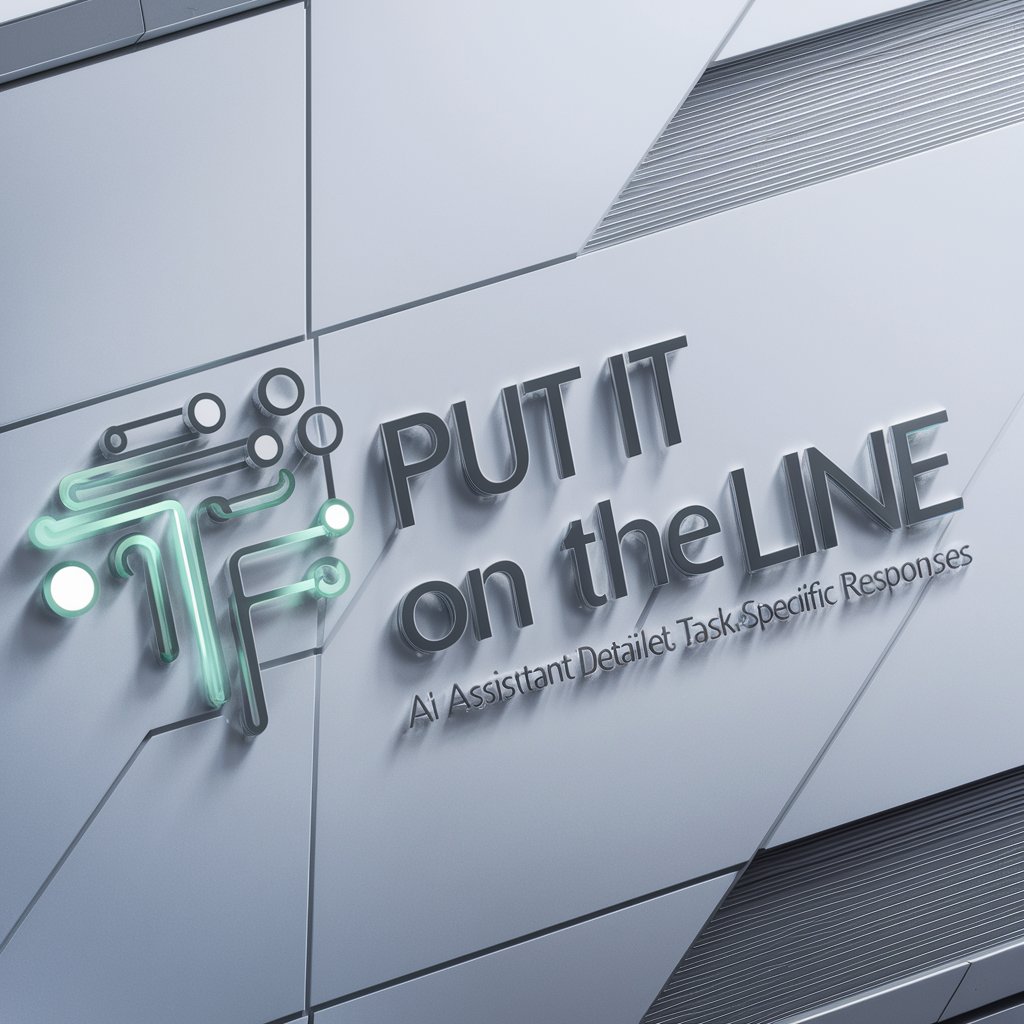
사랑
Empowering Love and Happiness with AI
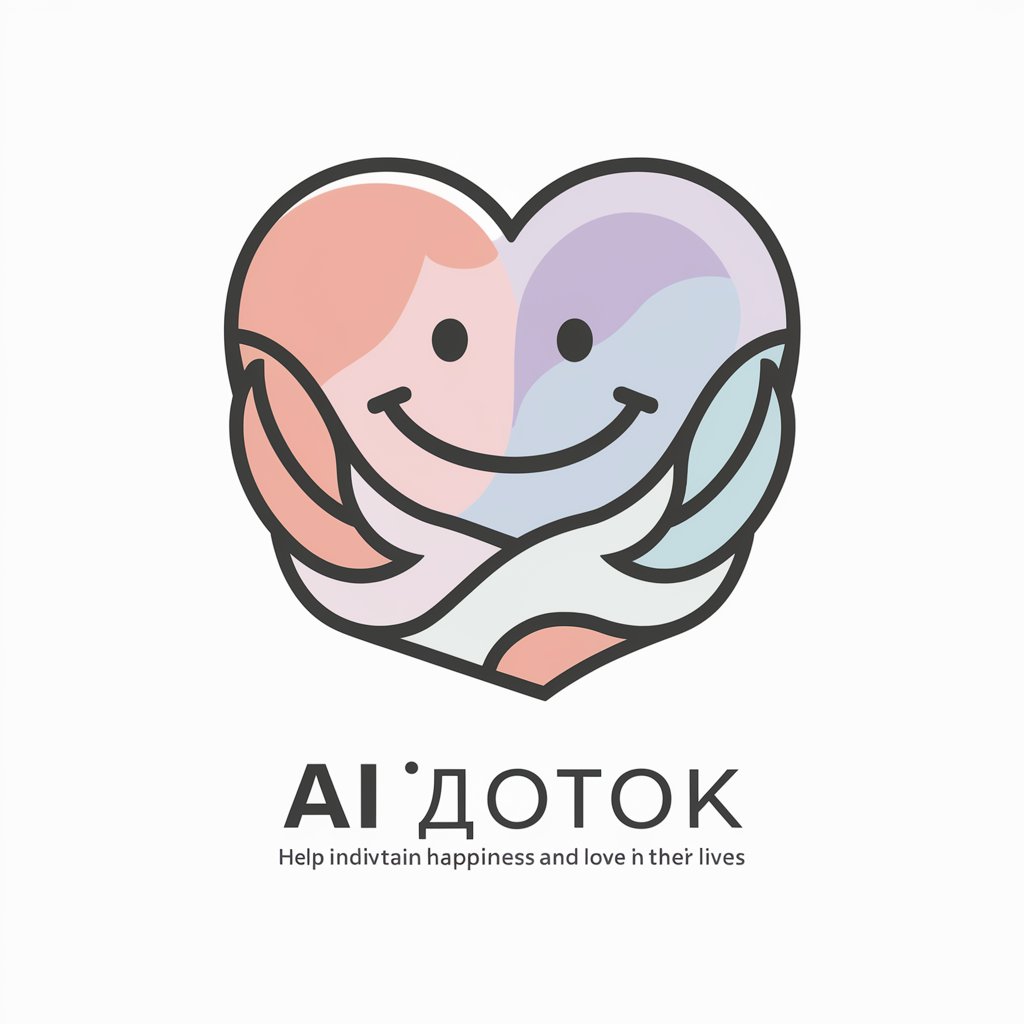
Frequently Asked Questions about AI SEO
What is AI SEO and how does it work?
AI SEO leverages artificial intelligence to optimize websites for search engines, analyzing content and suggesting improvements based on keyword research, SEO best practices, and user engagement metrics.
Can AI SEO replace human SEO experts?
While AI SEO can significantly enhance SEO efforts by providing data-driven insights and content suggestions, human expertise is invaluable for strategic decisions and understanding nuanced user needs.
How can AI SEO improve my website's ranking?
AI SEO identifies high-traffic, relevant keywords, suggests content optimization, enhances website structure, and monitors performance to improve your site's visibility and ranking.
Is AI SEO suitable for all types of websites?
Yes, AI SEO can be tailored to various types of websites, including e-commerce, blogs, and corporate sites, offering custom strategies for different content and audience needs.
How does AI SEO stay updated with search engine algorithms?
AI SEO continuously learns from a vast array of data sources and updates its recommendations based on the latest search engine algorithms, SEO trends, and user interaction patterns.
